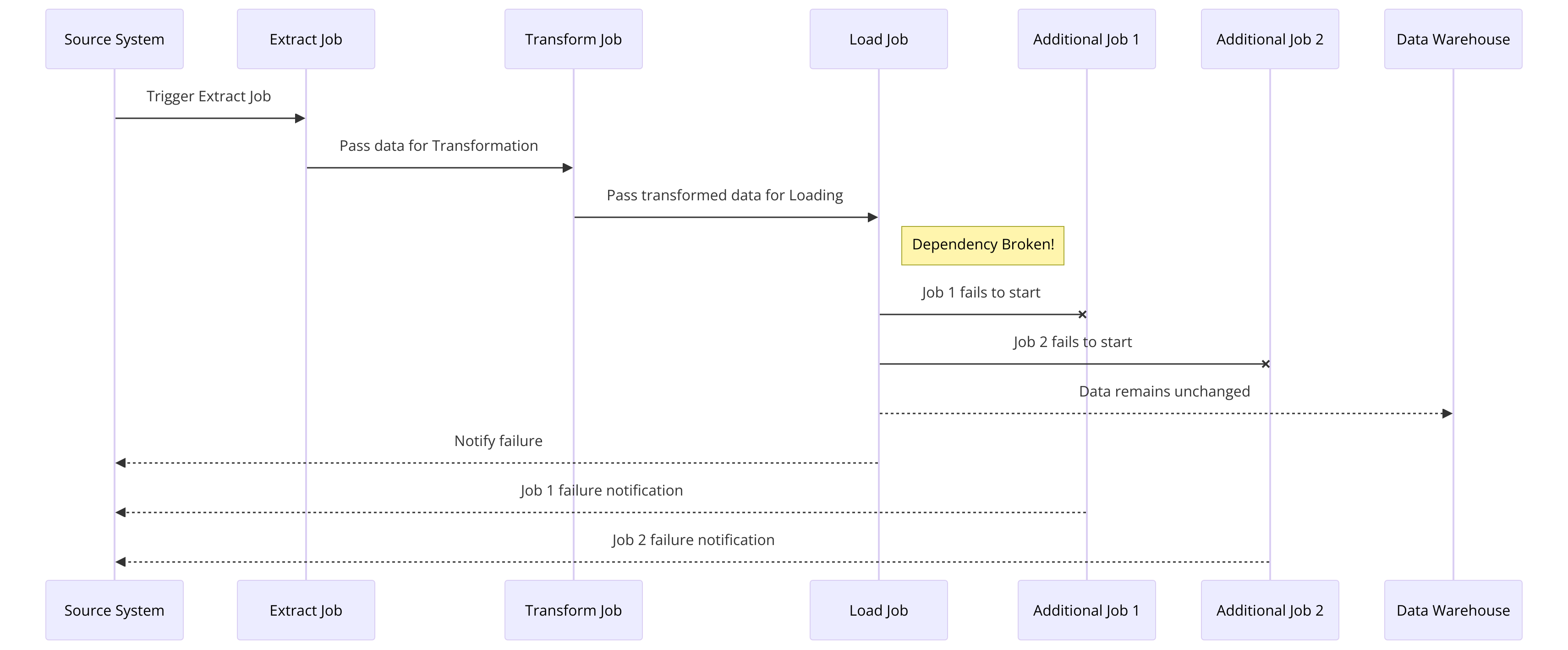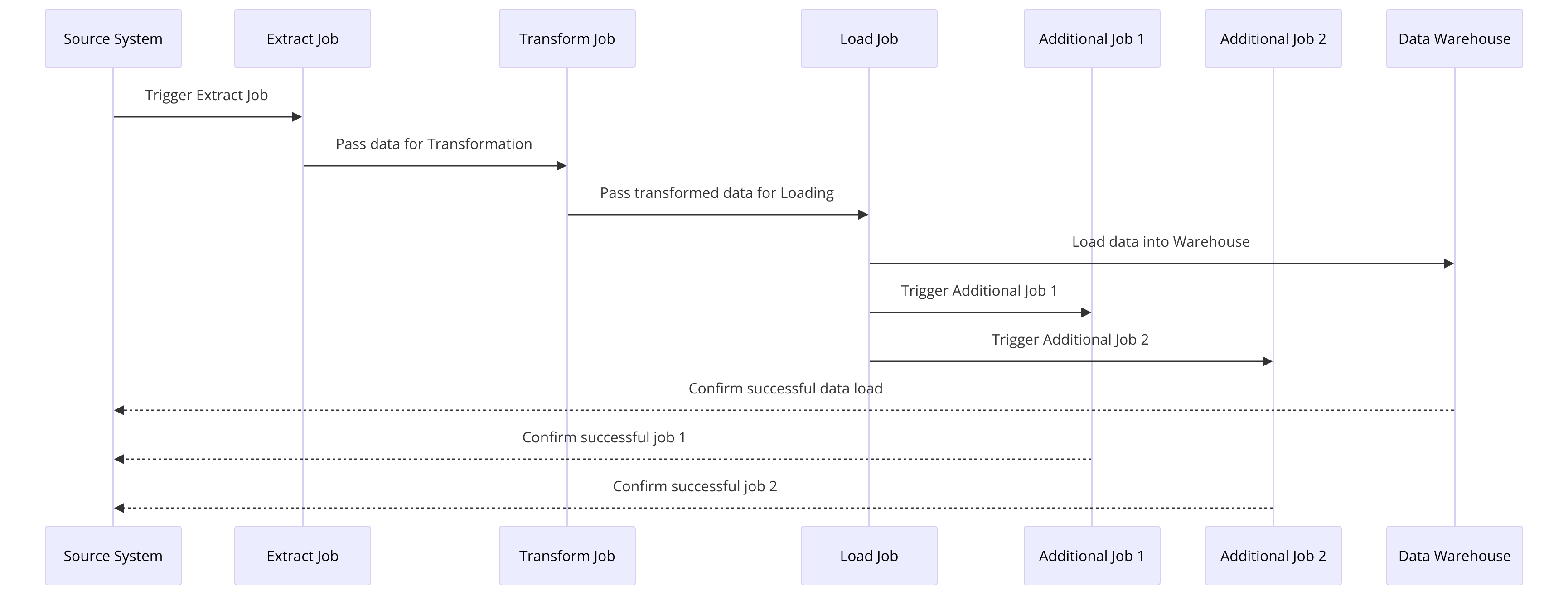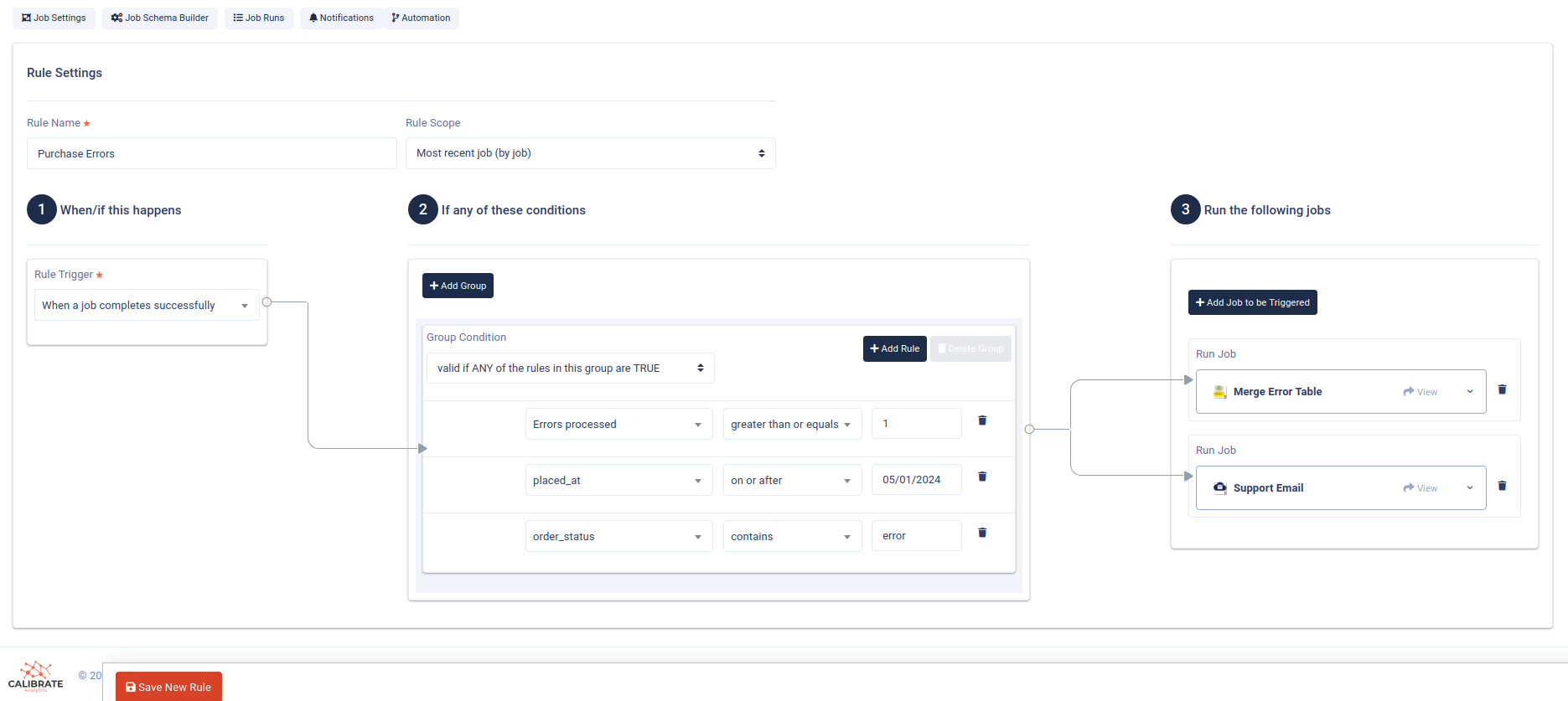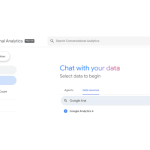
What Are Cross-job Dependencies?
Effective cross-job dependency management is crucial in ETL (Extract, Transform, Load) processes. ETL workflows involve multiple interdependent tasks, such as data extraction, transformation, and loading. Each of these tasks must complete successfully before the next can start, ensuring the workflow runs smoothly.
Without proper dependency management, ETL workflows can suffer from errors and inconsistencies. For instance, if a transformation job begins before data extraction completes, it may use incomplete or outdated data, leading to inaccuracies. Similarly, starting a loading job before the transformation finishes can result in incomplete or erroneous data being loaded, causing data corruption.

Why Implement Cross-job Dependency Management?
Job scheduling and orchestration tools are essential for managing cross-job dependencies. These tools allow users to define job dependencies, ensuring tasks run in the correct order. This prevents data quality issues and maintains the integrity of the ETL pipeline.
Effective dependency management also aids in error handling and recovery. Clearly defined dependencies enable the system to detect upstream task failures or delays and take corrective actions, such as retrying failed jobs, rerouting data flows, or notifying administrators. This minimizes downtime and enhances ETL reliability, even during unexpected disruptions.

How Can Launchpad Help With Workflow Automation?
Launchpad's new workflow automation feature allows users to create rules for job actions. Rule triggers can range from job completions to errors or failures, activating additional jobs based on specified conditions.
Conditions can be based on job meta-information, such as records processed or error counts, or on actual job schema data, like session length or new user numbers in a Google Analytics job.

This feature offers various uses, including:
- Basic Scheduling Dependency: Ensure dependent jobs only run after their prerequisite jobs complete successfully. Set triggers for successful job completions to activate dependent jobs.
- Conditional Transformation Dependency: Execute specific transformations before moving to the next job. For example, trigger an SQL job for table merges, view materializations, or ML model tasks if certain criteria are met.
- Event-based Workflow: Initiate workflows based on events. For example, trigger a job to match interactions against a BigQuery ML model when specific data is received, followed by a reverse ETL job to update Salesforce with user information and opportunity scores.
- Daily Trend Monitoring & Alerting: Set workflow rules to run upon daily job completions, monitoring data against thresholds. For instance, trigger a job to analyze daily visitor trends and send alerts if metrics drop significantly.
Additional Scenarios
- Data Quality Checks: After data extraction, trigger a job to perform data quality checks. If data meets quality standards, proceed with the transformation job. If not, trigger a notification to the data team for review and correction.
- Parallel Processing: For independent tasks, use parallel job execution to speed up the ETL process. For example, trigger multiple transformation jobs to run simultaneously once data extraction is complete, and then merge results in a final loading job.
- Compliance and Reporting: Automate compliance checks and reporting tasks. For example, after a monthly data load, trigger jobs to generate compliance reports and notify relevant stakeholders if any issues are detected.
- User Behavior Analysis: Use workflow automation to analyze user behavior in real-time. For example, trigger a series of analysis jobs when user interaction data is received, generating insights and triggering marketing actions based on user behavior patterns.
We Can Help
Launchpad's workflow automation and cross-job dependency management can enhance the efficiency, reliability, and scalability of ETL processes across many scenarios.
Calibrate Analytics can help address the challenges of managing disparate data sources, enabling your organization to improve processes, centralize data and gain unified and actionable customer insights.






